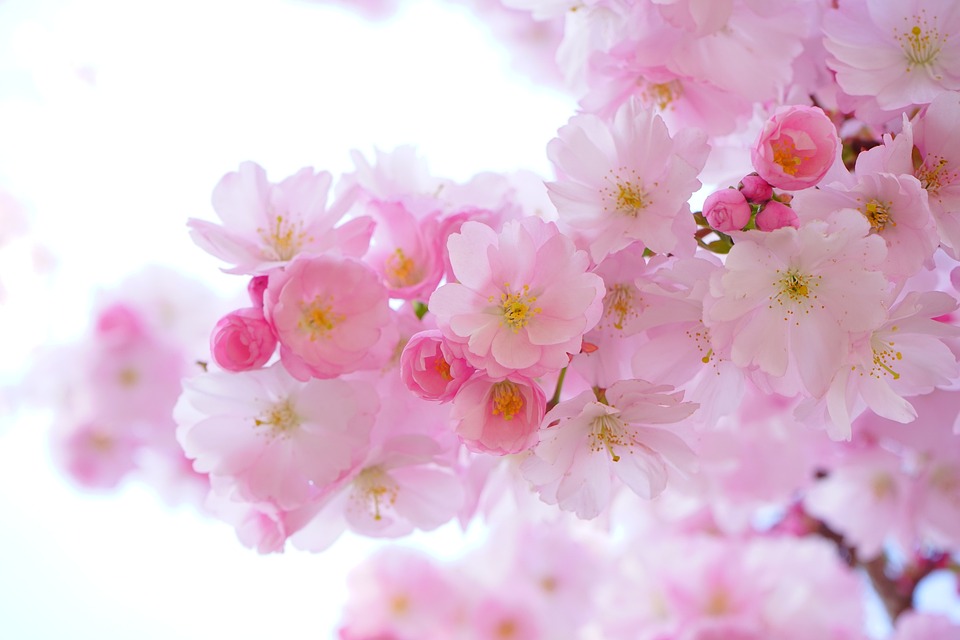how do i say thank you in japanese

[ad_1]
Thank you is one of the most important phrases in any language. In Japanese, there are several ways to say thank you, depending on the situation. In this article, we’ll look at how to say thank you in Japanese, and when to use each phrase.
The most common way to say thank you in Japanese is arigatō gozaimasu (ありがとうございます). This phrase is used in most formal and polite situations, and it’s the phrase you should use when you want to express your gratitude in a very respectful way. It’s also the phrase you should use when you’re thanking someone for a favor or a gift.
If you’re thanking someone for something small, like a favor or a compliment, you can use the phrase arigatō (ありがとう). This phrase is less formal than arigatō gozaimasu, and it’s more appropriate for casual conversations.
If you’re thanking someone for a larger favor or gift, you can use the phrase domo arigatō gozaimasu (どうもありがとうございます). This phrase is more formal than arigatō gozaimasu, and it’s used to express your deep gratitude.
In some cases, you may want to thank someone for something they’ve done for you in the past. In this case, you can use the phrase osewa ni narimashita (お世話になりました). This phrase is used to thank someone for their help or kindness in the past.
Finally, if you’re thanking someone for doing something special for you, you can use the phrase okage sama de (おかげさまで). This phrase is used to thank someone for their help and support, and it’s often used when thanking someone for a favor or a gift.
Now that you know how to say thank you in Japanese, let’s look at some situations where you might use these phrases.
If you’re thanking someone for a favor or a gift, you should use arigatō gozaimasu or domo arigatō gozaimasu. For example, if someone has given you a gift, you can say “Arigatō gozaimasu” or “Domo arigatō gozaimasu” to express your gratitude.
If you’re thanking someone for something small, like a compliment or a favor, you can use arigatō. For example, if someone has given you a compliment, you can say “Arigatō” to express your gratitude.
If you’re thanking someone for their help or kindness in the past, you can use osewa ni narimashita. For example, if someone has helped you out in the past, you can say “Osewa ni narimashita” to express your gratitude.
Finally, if you’re thanking someone for doing something special for you, you can use okage sama de. For example, if someone has done something special for you, you can say “Okage sama de” to express your gratitude.
In conclusion, there are several ways to say thank you in Japanese, depending on the situation. The most common way to say thank you is arigatō gozaimasu, but there are also other phrases that you can use in different situations. By understanding the different phrases and when to use them, you’ll be able to express your gratitude in a more appropriate way.
[ad_2]
#japanese
